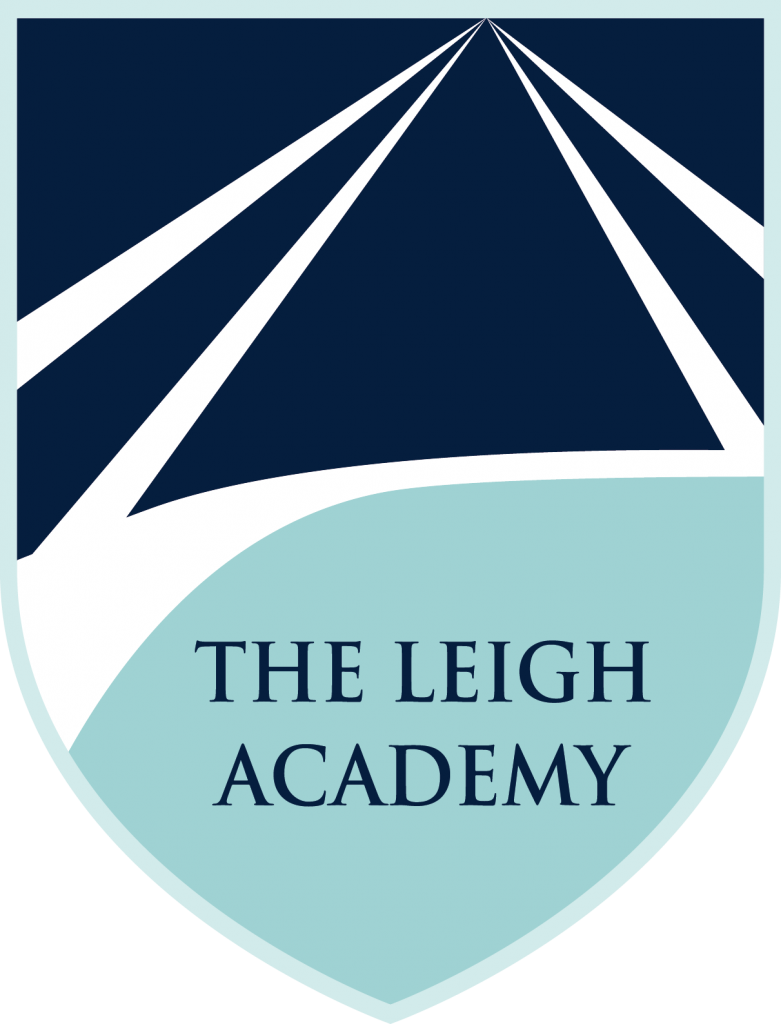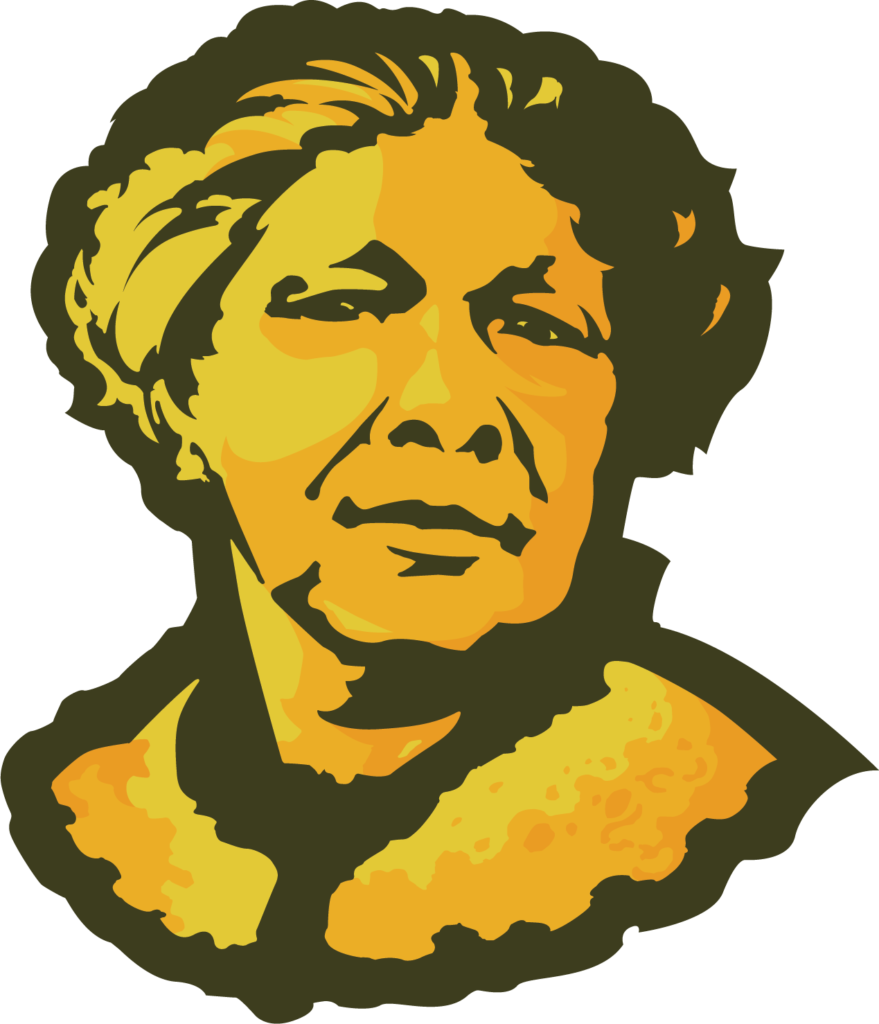‘Beside the nettle ever grows the cure for its sting’
Between 1850 – 1853 Mary nursed victims of the cholera epidemic in both Jamaica and Panama. She was invited by the medical authorities to supervise nursing services at Up-Park in Kingston, the British Army’s Headquarters. Mary had no children of her own, but the strong maternal attachments she formed with these soldiers would later drive the principled Mary to Crimea.
The Crimean War lasted from October 1853 until February 1856. It was fought by a coalition, including Britain, against the Russian Empire. Mary travelled to England and approached the British War Office, asking to be sent as an army nurse to the Crimea where she had heard there were poor medical facilities for wounded soldiers. She was refused. Undaunted, and being a risk-taker, Mary funded her own trip to Crimea. At the time, Mary was as well-known in Britain as Florence Nightingale. Mary’s dwelling near Balaclava was close to the fighting and she was able to visit the battlefield, sometimes under fire, to nurse the wounded. Indeed, she was so caring and nursed sick soldiers so kindly, that they called her ‘Mother Seacole’.
When the war ended, Mary went back to Britain with very little money. All those who admired her came to her aid, whether soldiers, generals or members of the Royal family. In 1857 a fund-raising gala was held for her over four nights on the banks of the River Thames. Over 80,000 people attended. The same year she published her reflective autobiography, The Wonderful Adventures of Mrs Seacole in Many Lands, which became an instant bestseller.
Mary died in London in 1881. Unfortunately, she was then lost to history for around 100 years, until nurses from the Caribbean visited her grave in North West London. In 2004, Mary was voted the Greatest Black Briton. A campaign for a statue to celebrate Mary was launched and in 2016, the statue was finally unveiled in the grounds of St Thomas’ Hospital on London’s Southbank.
Mary Seacole is a great role model. Her values of good citizenship (she always wanted to care for the sick and wounded), entrepreneurship (her principled nature took her to the Crimea under her own steam) and achievement through being a risk-taker (she remains one of history’s greatest figures) hold true today.
‘I attribute my success to this – I never gave up or took any excuse’



